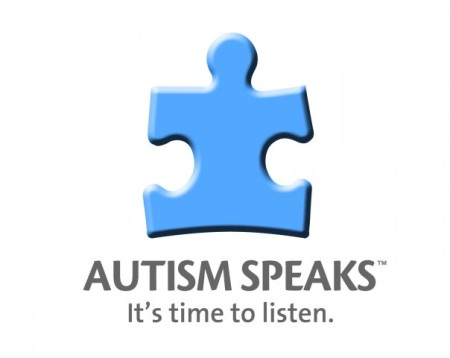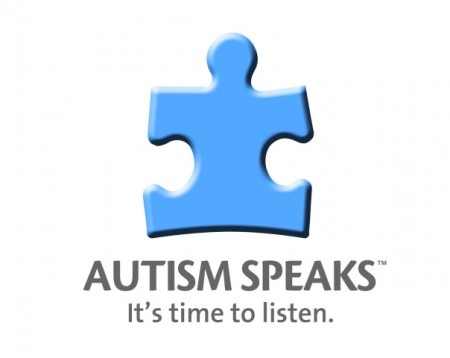The following correspondence originally took place upon the Facebook wall of fellow emcee, Tru Leo…
Tru Leo: kids with broken legs dont have to do PE but kids with social anxiety still have to do public speaking, isnt there a problem there? Jus sayin
NaNuk H.: Social anxiety is something that can be worked through. A broken leg won’t put the child permanently out of commission. Thus the “push” for a child with a fear of public speaking to perform, in my opinion, is a step in the right direction.
Rayn: It’s ableism in action, which is a very pervasive problem in today’s society.
I should also point out that a socially phobic child should not be pressured into speaking, as this counterproductive activity only aggravates their anxiety, while disintegrating their trust in you. Such uncompassionate efforts to “push” an anxious child into speech, when done repeatedly or demanded strongly enough, may actually trigger an even more anxious condition called “selective mutism” in such children, as they are already vulnerable, and easily triggered and traumatized by their social surroundings
NaNuk H.: Makes me wonder why it worked for me. Interesting.
Rayn: That is interesting, indeed, because not only did it fail to work for me, it exacerbated my social anxiety and induced years of panic attacks and selective mutism for me, instead. And, I know exactly why it didn’t work. Since my social phobia stems from qualitative impairments in social interactions and social communication, early efforts to pressure me into speaking, when I first entered school, simply resulted in an entire school career, including college, struggling with panic attacks and selective mutism, all throughout.
Instead of pressuring a child into speaking, I would suggest that parents and instructors encourage self-advocacy in that youth, starting with a discussion on the issue of where, how and why he or she is struggling to speak. This important, and much overlooked, step would provide the valuable input necessary for the child’s caretakers to form an individualized course of action towards improvement of the child’s speech, right along with the child. Compassion and cooperation are key, here.
And, to date, cognitive behavioral therapy still remains the best approach towards a effective and long-lasting treatment for moderate to severe social anxiety. This is to be distinguished from repeatedly pressuring or strongly demanding that a child speak, which indicates a stubborn insistence by a caretaker upon a rigid, one-track course of preconceived “solution,” even in the face of continued failure to yield any positive results from said commands or demands. If that’s what you’re saying worked for you, Nikki, and wondering why it did, you might want to ask yourself why you were anxious to speak, in the first place. This will likely help you to gain a better understanding of the dynamics and mechanisms at work in your treatment. On the other hand, you might then also want to ask yourself if you would have possibly benefited much more greatly from the use of cognitive behavioral therapy for your condition, rather than the “pressure” you received to speak during your childhood, instead.
NaNuk H.: Rayn, thank you! No one ever explained any of that to me. I was thinking about what you stated in your first comment. When I used the word “push” I meant “to encourage”. The support and encouragement I received as a child helped me to overcome that fear, just enough to interact with others. In turn, experiencing my own ability ,however lacking, helped me to repeat and gain little victories. I do still deal with social anxiety, but on a very different level from when I was a child. I have to agree with you. I do believe being more informed at an earlier age would have caused me to be farther along in my quest to improve. I appreciate your willingness to explain. Thank you again.
Rayn: You’re most welcome. Thank you for engaging in this discussion, and for sharing your story, as well. Also, I agree with you that support and encouragement are definitely steps in the right direction!
Tru Leo: You guys are tha best…luv y’all…I was entertained and well informed..I appreciated you both.
NaNuk H.: Ly2 Tru Leo












